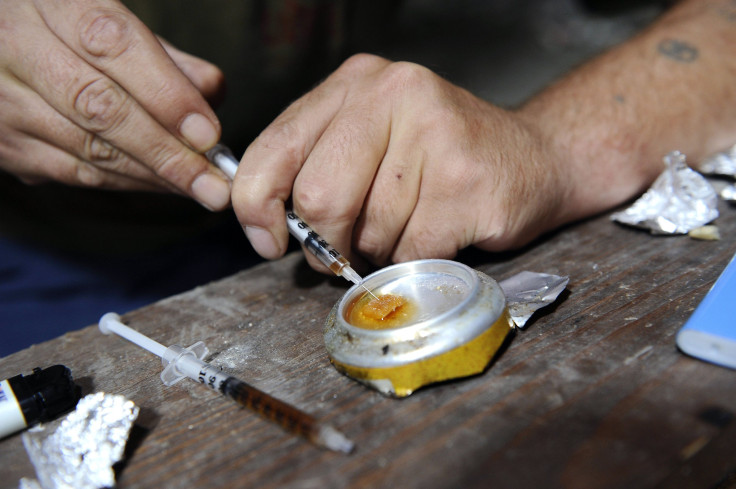Are Supervised Heroin Use Programs The Answer To Addiction? California May Think So

While a new drug laced with the heroin alternative and synthetic opioid, fentanyl, wreaks havoc around the Sacramento area, California lawmakers are implementing an unorthodox program that has already reduced heroin-induced overdose and sexually transmitted disease in other countries. Supervised injection facilities have already popped up in Canada and certain European countries, but a new bill could put the first one in the United States on the West Coast.
"Addiction is a health care issue, and I think it's high time we started treating it as a public health issue, versus a criminal issue," Democratic Assemblywoman Susan Talamantes Eggman told the Associated Press. "This bill is one step to be able to address the heroin addiction and epidemic of overdoses that we're having in our country."
California isn’t the only city or state looking to be the first to approve safe injection facilities. New York City, which saw its number of fatal heroin overdoses double between 2010 and 2013, is also exploring the possibility of installing safe injection sites within the city. However, some officials just can’t seem to wrap their minds around a safe haven for heroin users that is financed by taxpayers. This comes as no surprise since the federal government only just lifted its ban on needle exchange programs in 2009.
"This sends entirely the wrong message regarding drug use and likely creates civil liability issues for participating governments and officials," said Asha Harris, spokeswoman for the California State Sheriffs' Association.
Canadian Sen. Larry Campbell was on hand to express his support for the bill. Campbell, who formerly served as the mayor of Vancouver, British Columbia, helped establish one of the world’s first supervised heroin use clinics back in 2003. To date, this clinic has helped facilitate more than two million injections while saving the state $1.5 million in health care expenditures. The city has also seen a noticeable drop in drug overdoses.
"The drug is illegal, but the person who's using that drug is suffering from a recognized medical disease," Campbell said. "What this does is simply treat the addiction, keep somebody alive, and keep them off the streets."
America’s heroin epidemic led to over 8,200 deaths in 2013 while the country’s 40-year-old War On Drugs continued unsuccessfully. There’s a new war on drugs that’s phasing out punishment for addicts and moving toward harm reduction efforts, like safe injection facilities and needle exchanges. Vancouver’s safe injection program has not only reduced the number of overdoses and sexual transmissions, but it has also reduced the number of addicts shooting up on sidewalks and dirty syringes found in playgrounds.
Published by Medicaldaily.com



























